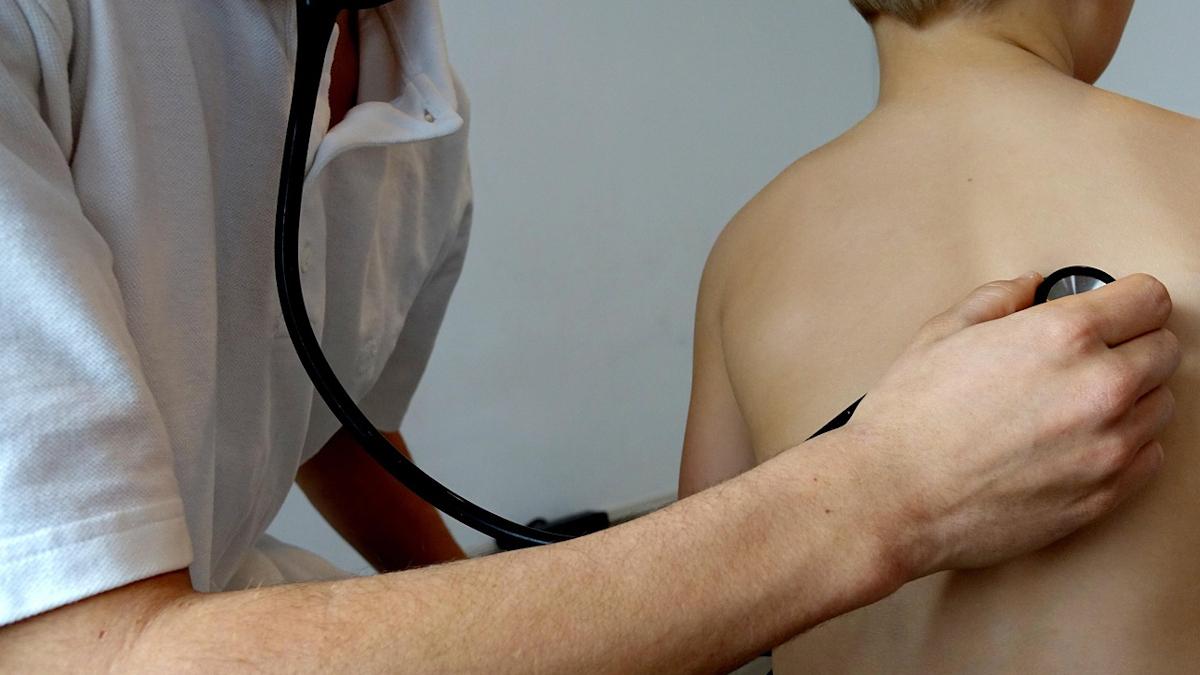Marea’s $190m double round heads latest biotech financings

Our latest round-up of biotech financings includes nine-figure rounds for Marea, Santa Ana Bio, and Opthea, with InduPro, Elion, and iOnctura also in on the action.
Incubated by Third Rock Ventures, Marea Therapeutics officially launched this week with a cardiometabolic disease pipeline led by MAR001, an anti-ANGPTL4 antibody that is in a phase 1b/2a study in patients with metabolic dysfunction – assessed using elevated triglyceride levels – and being prepared for a phase 2b trial.
Its $190 million financing was split across two rounds – a Series A led by Third Rock and a Series B led by Sofinnova Investments, Forbion, Perceptive Xontogeny Venture Fund, and venBio.
ANGPTL4 is expressed in adipose tissue and studies suggest that, if the protein is inhibited, it can strip out remnant cholesterol, reduce triglycerides, and improve insulin sensitivity. At the moment, there are no FDA-approved therapies that specifically target this type of metabolic dysfunction, and Marea hopes it can position the drug for patients with cardiometabolic disease who remain at very high risk, despite currently available therapies.
Immunology-focused Santa Ana Bio has made its debut with a $168 million financing to advance two programmes into clinical testing for inflammatory diseases next year. The two-year-old biotech raked in the cash across a Series A led by founding investor Versant Ventures, with participation from TPG’s Life Science Innovations fund and GV, and a Series B led by GV with backing from Andreessen Horowitz (a16z) Bio + Health, RTW, and Access Biotechnology.
Its first candidate is SAB01, a bispecific drug that binds to c-Kit, and a second undisclosed target that is only found on mast cells, which drive allergic reactions. It will be tested in chronic inducible urticaria, a severe form of hives. The second is SAB03, a PD-1 agonist that will be tested in rheumatoid arthritis and other inflammatory conditions.
A third candidate – SAB05 – is also in preclinical development and is an antibody-glucocorticoid conjugate that promises to deliver the benefits of steroids whilst reducing their side effects.
Opthea raised $113 million in an institutional share placement that will be used to fund further phase 3 development of sozinibercept (OPT-302), a treatment for vision-robbing disease wet age-related macular degeneration (AMD). It was shown to be more effective when added to a standard anti-VEGF therapy – Roche’s Lucentis (ranibizumab) – compared to Lucentis alone in a phase 2b trial.
The company is running two phase 3 trials – COAST and ShORe – which are testing the drug in combination with Eylea (aflibercept) and Lucentis, respectively. They are due to read out next year, and some of the new spending power will go towards scaling up manufacturing capacity in preparation for commercialisation.
Sozinibercept is a VEGF ‘trap’ compound that targets two forms of the protein – VEGF-C and VEGF-D – designed to complement the effects of Eylea and Lucentis on VEGF-A. If the phase 2 trials are positive, it could make the drug the first new treatment for wet AMD with a new mechanism of action in 15 years.
Cancer and autoimmune disease therapy developer InduPro raised $85 million in a Series A led by The Column Group and Vida Ventures with MSD’s MRL Ventures Fund, Emerson Collective, and Euclidean Capital also taking part.
The start-up intends to use the funding to support the development of a lead clinical candidate from its tumour-associated proximity antigen (TAPA) platform, which generates therapies that target multiple neoantigens in the tumour microenvironment and – in theory – should improve selectivity and reduce off-target effects.
InduPro plans to file for approval to start clinical trials of its first candidate before the end of next year, and will also use the new money to advance antibody-drug conjugates (ADCs) that deploy a similar tumour-targeting approach.
Elion Therapeutics – previously known as Sfunga Therapeutics – closed an $81 million Series B round led by Deerfield Management and the AMR Action Fund that will help fund the development of its pipeline of therapies for life-threatening invasive fungal infections. Additional investors included Illinois Ventures.
The company has one clinical-stage candidate in SF001, an analogue of the well-established antifungal amphotericin B that Elion describes as a “next-generation” polyene antifungal that aims to reduce the toxicity of the parent drug. It is currently in a single-ascending dose phase 1 study.
SF001 has qualified infectious disease product (QIDP) and fast-track designations from the FDA for presumed invasive fungal disease and treatment of invasive aspergillosis.
Finally, iOnctura, a clinical-stage biotech developing oral cancer therapies, announced this morning that it had raised €80 million ($86 million) in a second-round financing led by new investor Syncona. It has a pipeline of targeted therapies for hard-to-treat cancers, led by roginolisib for uveal melanoma and other oncology indications.
The drug targets PI3K, a protein that is highly expressed in cancer cells, but which has proved to be elusive for cancer drug developers, with a series of failed programmes in recent years. iOnctura says it is taking a different approach with roginolisib, billed as the first allosteric modulator of PI3Kδ and with a “novel chemical structure and binding mode.” Initial phase 1b clinical data has shown signs of efficacy with the drug in UM, as well as a promising safety profile, and iOnctura is planning studies in different cancers, including non-small cell lung cancer (NSCLC) and primary myelofibrosis, later in 2024.
The company is also developing autotaxin inhibitor cambritaxestat for highly fibrotic tumours that overexpress autotaxin. A phase 1b study of the drug in combination with chemotherapy in metastatic pancreatic cancer is ongoing.













